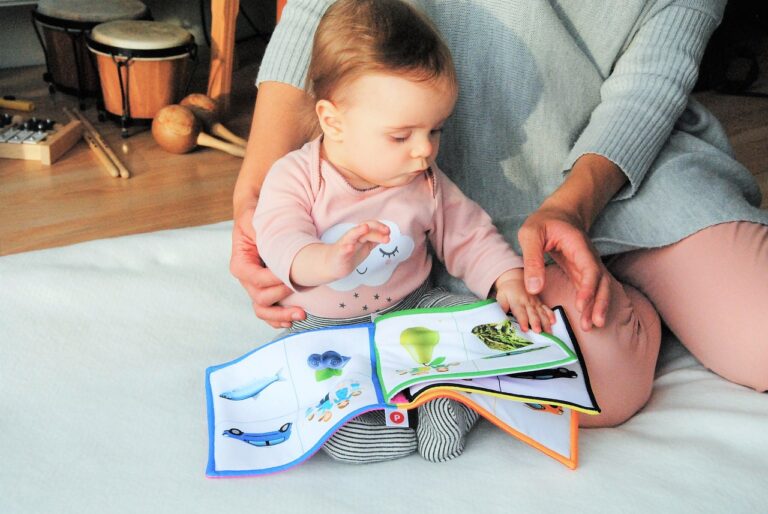The Role of Special Education in School Safety Plans
all panel mahadev book, lotus bhai 365 login, allpaanel:Special education plays a crucial role in ensuring the safety and well-being of all students within a school environment. When developing school safety plans, it is essential to consider the specific needs of students with disabilities and provide adequate support to ensure their safety and security. In this article, we will explore the role of special education in school safety plans and why it is essential to include provisions for students with disabilities.
Understanding the Needs of Students with Disabilities
One of the first steps in developing a comprehensive school safety plan is to understand the unique needs of students with disabilities. These students may require additional support and accommodations to ensure their safety in various emergency situations. For example, students with mobility impairments may require extra assistance during evacuation drills, while students with sensory processing disorders may need special accommodations to cope with loud noises or bright lights during emergency situations.
Incorporating Special Education into Emergency Response Plans
School safety plans should include provisions for students with disabilities to ensure that they are adequately supported during emergencies. This may include designating specific staff members to assist students with disabilities during drills and real-life emergency situations, providing alternative evacuation routes for students with mobility impairments, and ensuring that communication systems are accessible to students with hearing or speech impairments.
Training Staff on Supporting Students with Disabilities
In addition to having specific provisions in place for students with disabilities, it is essential to train staff members on how to support these students during emergencies. This training should include information on how to communicate effectively with students who have communication barriers, how to assist students with mobility impairments during evacuations, and how to provide emotional support to students with sensory processing disorders during stressful situations.
Collaborating with Special Education Professionals
Special education professionals play a crucial role in developing and implementing school safety plans that meet the needs of students with disabilities. Collaboration between special education professionals, school administrators, and emergency response personnel is essential to ensure that all students are adequately supported during emergencies. Special education professionals can provide valuable insights into the specific needs of students with disabilities and help develop customized support plans to ensure their safety and well-being.
Ensuring Accessibility of Emergency Communication Systems
Another important aspect of including special education in school safety plans is ensuring the accessibility of emergency communication systems for students with disabilities. This may include providing visual or tactile alerts for students with hearing impairments, using plain language and simple instructions for students with cognitive impairments, and providing translations in different languages for students with limited English proficiency.
Frequently Asked Questions
Q: How can schools ensure that students with disabilities are included in emergency drills and exercises?
A: Schools can designate specific staff members to assist students with disabilities during drills and exercises, provide alternative evacuation routes for students with mobility impairments, and ensure that communication systems are accessible to students with hearing or speech impairments.
Q: What training should staff members receive to support students with disabilities during emergencies?
A: Staff members should receive training on how to communicate effectively with students who have communication barriers, how to assist students with mobility impairments during evacuations, and how to provide emotional support to students with sensory processing disorders during stressful situations.
Q: How can special education professionals contribute to developing school safety plans?
A: Special education professionals can provide valuable insights into the specific needs of students with disabilities, collaborate with school administrators and emergency response personnel to develop customized support plans, and ensure that emergency communication systems are accessible to students with disabilities.
In conclusion, special education plays a vital role in ensuring the safety and well-being of all students within a school environment. By including provisions for students with disabilities in school safety plans, training staff members on how to support these students during emergencies, collaborating with special education professionals, and ensuring the accessibility of emergency communication systems, schools can create a safe and inclusive environment for all students.







